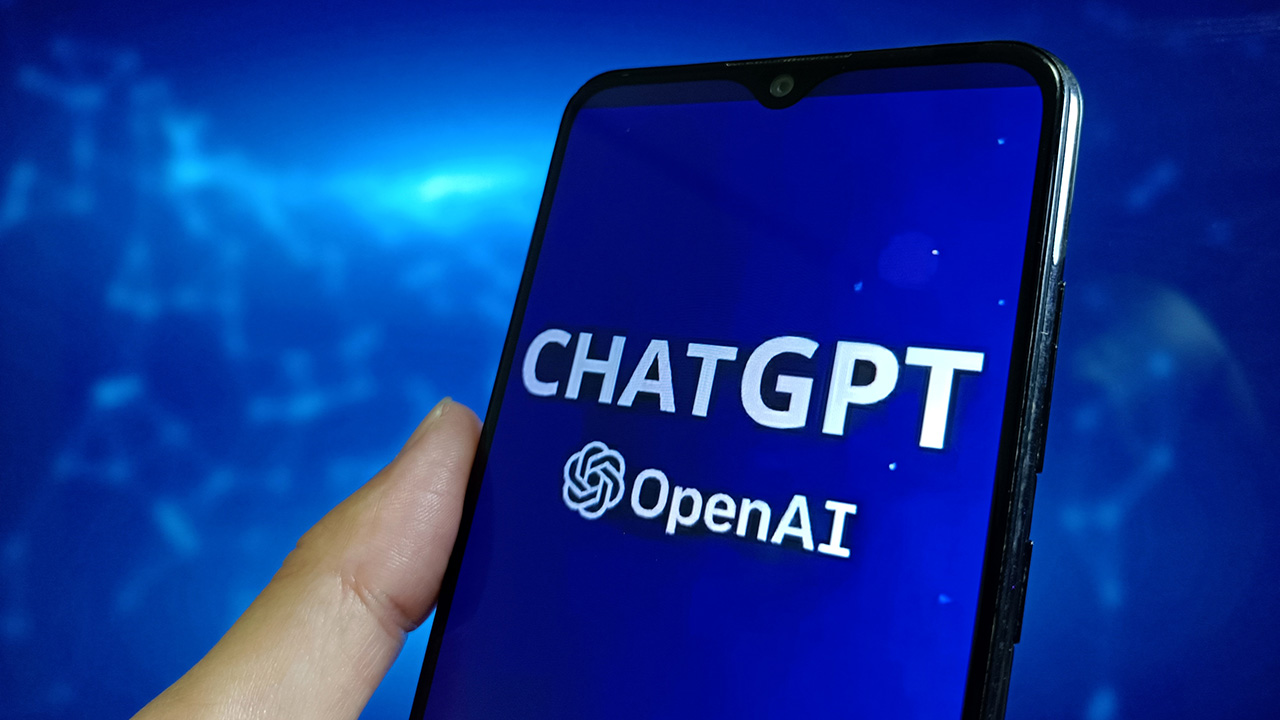The FTC's Investigation Of OpenAI And ChatGPT: Key Questions Answered

Table of Contents
What prompted the FTC's investigation into OpenAI and ChatGPT?
The FTC's mandate is to protect consumers from unfair or deceptive acts or practices. This includes ensuring businesses engage in fair competition and don't mislead consumers. The investigation into OpenAI and ChatGPT stems from concerns that the technology may violate several aspects of consumer protection law. Potential concerns driving the FTC's scrutiny include:
-
Unfair or deceptive trade practices related to ChatGPT's outputs: ChatGPT, while impressive, sometimes generates inaccurate, misleading, or biased information. This raises concerns about potential harm to consumers who rely on its outputs for decision-making, particularly in areas like financial advice or medical information. The FTC may investigate whether OpenAI adequately disclosed the limitations of ChatGPT and the potential for inaccurate responses.
-
Potential biases and discriminatory outputs generated by ChatGPT: AI models like ChatGPT are trained on vast datasets, which can reflect existing societal biases. The FTC is likely investigating whether ChatGPT exhibits biases that could discriminate against certain groups, leading to unfair or discriminatory outcomes. This could range from biased responses in job applications to reinforcing harmful stereotypes.
-
Concerns about data privacy and the handling of user data by OpenAI: The use of ChatGPT involves the collection and processing of user data, raising concerns about privacy violations. The FTC is likely investigating whether OpenAI's data practices comply with relevant privacy laws and regulations, including how user data is collected, stored, used, and protected from unauthorized access.
-
Lack of transparency regarding ChatGPT's data collection and usage: Transparency is crucial for building trust. The FTC's investigation may focus on whether OpenAI has been sufficiently transparent with users about its data collection and usage practices. The lack of clear and accessible information about how user data is handled could constitute a deceptive trade practice.
-
The potential for misuse of ChatGPT and the resulting harm to consumers: The potential for malicious use of ChatGPT, such as generating deepfakes or spreading misinformation, is a significant concern. The FTC is likely examining OpenAI's safeguards against such misuse and whether the company has taken sufficient steps to mitigate potential harm to consumers.
What are the potential legal ramifications for OpenAI?
If the FTC finds that OpenAI has violated consumer protection laws, the company could face a range of serious legal ramifications. These could include:
-
Significant financial penalties: The FTC has the authority to impose substantial fines for violations of consumer protection laws. The amount of any fine would depend on the severity of the violation and OpenAI's size and financial resources.
-
Mandatory changes to OpenAI's data practices and algorithms: The FTC could order OpenAI to make significant changes to its data practices and algorithms to address any identified deficiencies. This could involve implementing stronger data security measures, improving bias mitigation techniques, and increasing transparency.
-
Increased regulatory oversight of OpenAI's future AI development: The FTC's investigation could lead to increased regulatory scrutiny of OpenAI's future AI development efforts. This could involve more frequent audits, stricter compliance requirements, and greater oversight of new AI products and services.
-
Reputational damage and loss of consumer trust: Even if OpenAI avoids significant financial penalties, the investigation itself could damage the company's reputation and erode consumer trust. Negative publicity could impact OpenAI's ability to attract users, investors, and talent.
How does this investigation impact the future of AI development?
The FTC's investigation of OpenAI and ChatGPT is not an isolated incident. It will likely have far-reaching implications for the future of AI development, including:
-
Increased scrutiny and regulation of AI development across the board: This investigation sets a precedent for increased regulatory oversight of the AI industry. Other companies developing and deploying AI technologies can expect greater scrutiny from regulatory bodies.
-
Greater emphasis on ethical considerations and bias mitigation in AI systems: The investigation highlights the importance of incorporating ethical considerations and bias mitigation strategies throughout the AI development lifecycle. This will likely lead to increased investment in research and development in these areas.
-
Enhanced data privacy protections for users of AI-powered tools: The investigation underscores the need for stronger data privacy protections for users of AI-powered tools. This could result in new laws and regulations designed to protect user data and promote transparency.
-
Slowdown in the rapid pace of AI development as companies adjust to new regulations: The increased regulatory scrutiny and the need to address ethical concerns could temporarily slow the rapid pace of AI development. Companies will need to invest time and resources to comply with new regulations and incorporate ethical considerations into their development processes.
-
Increased focus on explainable AI (XAI) to ensure transparency and accountability: The investigation emphasizes the importance of explainable AI (XAI), which aims to make AI decision-making processes more transparent and understandable. This will likely lead to increased investment in XAI research and development.
What can users do to protect themselves in light of the FTC's investigation?
While the FTC's investigation focuses on OpenAI, users can take steps to protect themselves when using AI tools like ChatGPT:
-
Be mindful of the information you share with ChatGPT: Avoid sharing sensitive personal data, such as financial information, medical records, or social security numbers.
-
Avoid sharing sensitive personal data: Only provide information that is necessary for the task at hand.
-
Review and understand OpenAI's privacy policy: Familiarize yourself with OpenAI's privacy policy to understand how your data is collected, used, and protected.
-
Stay informed about the FTC's investigation and its potential implications: Keep abreast of developments in the investigation and any related updates to regulations and best practices.
-
Support calls for responsible AI development and ethical AI practices: Encourage responsible development of AI technologies by supporting organizations and initiatives that promote ethical AI practices.
Conclusion
The FTC's investigation of OpenAI and ChatGPT is a landmark case with significant implications for the future of AI development and regulation. Understanding the potential legal ramifications and implications for users is crucial. This investigation underscores the need for greater transparency, accountability, and ethical considerations in the creation and deployment of powerful AI technologies. Stay informed about the evolving situation regarding the FTC's investigation of OpenAI and ChatGPT and adopt responsible practices when using AI tools to mitigate potential risks. The future of AI depends on responsible development and ethical considerations, and this investigation emphasizes the importance of ongoing dialogue and proactive measures to protect consumers and ensure the responsible development of artificial intelligence. The ongoing discussion around the FTC's investigation of OpenAI and ChatGPT should encourage responsible innovation in the field.

Featured Posts
-
 Price Gouging Allegations Surface In La Following Devastating Fires A Selling Sunset Perspective
Apr 26, 2025
Price Gouging Allegations Surface In La Following Devastating Fires A Selling Sunset Perspective
Apr 26, 2025 -
 Record Gold Prices Understanding The Trade War Impact On Bullion Investment
Apr 26, 2025
Record Gold Prices Understanding The Trade War Impact On Bullion Investment
Apr 26, 2025 -
 Could Ahmed Hassanein Become The First Egyptian Nfl Draft Pick
Apr 26, 2025
Could Ahmed Hassanein Become The First Egyptian Nfl Draft Pick
Apr 26, 2025 -
 The Next Fed Chair Inheriting Trumps Economic Challenges
Apr 26, 2025
The Next Fed Chair Inheriting Trumps Economic Challenges
Apr 26, 2025 -
 Trump On Ukraines Nato Membership A Critical Analysis
Apr 26, 2025
Trump On Ukraines Nato Membership A Critical Analysis
Apr 26, 2025
